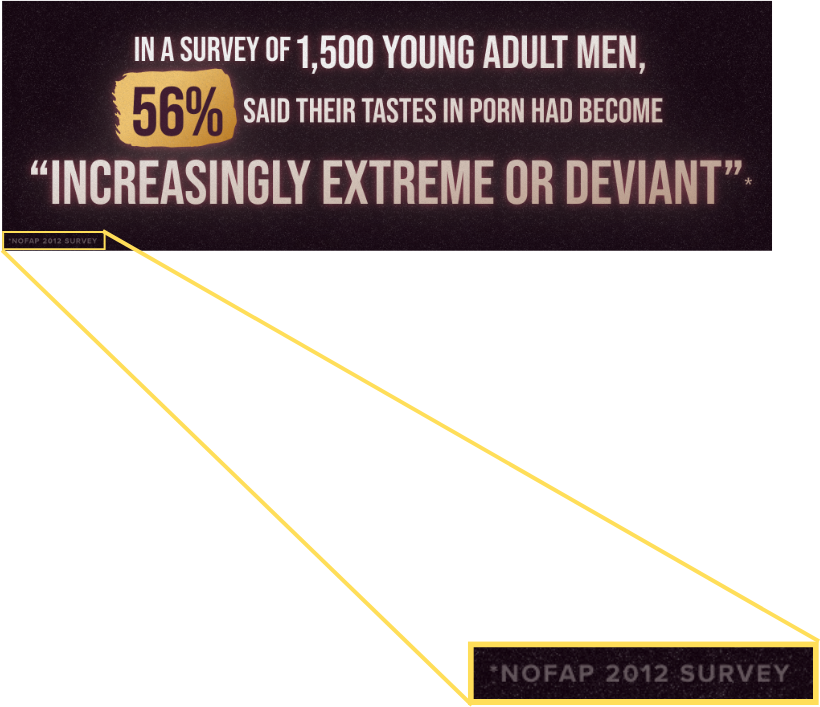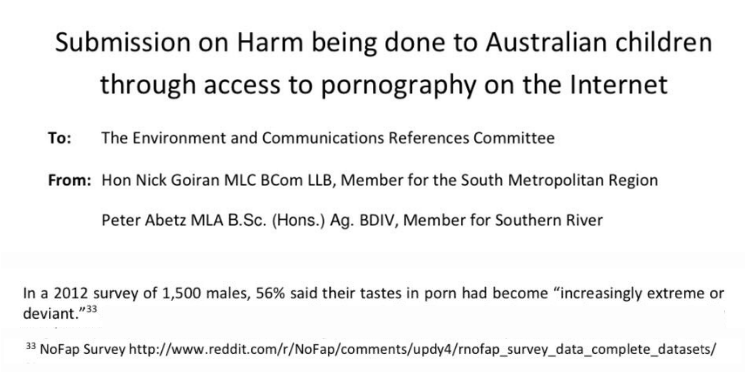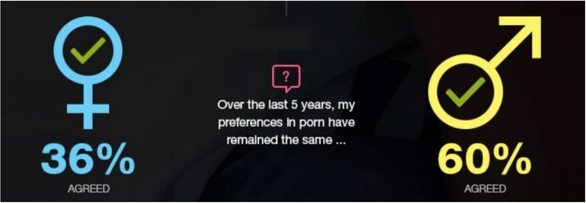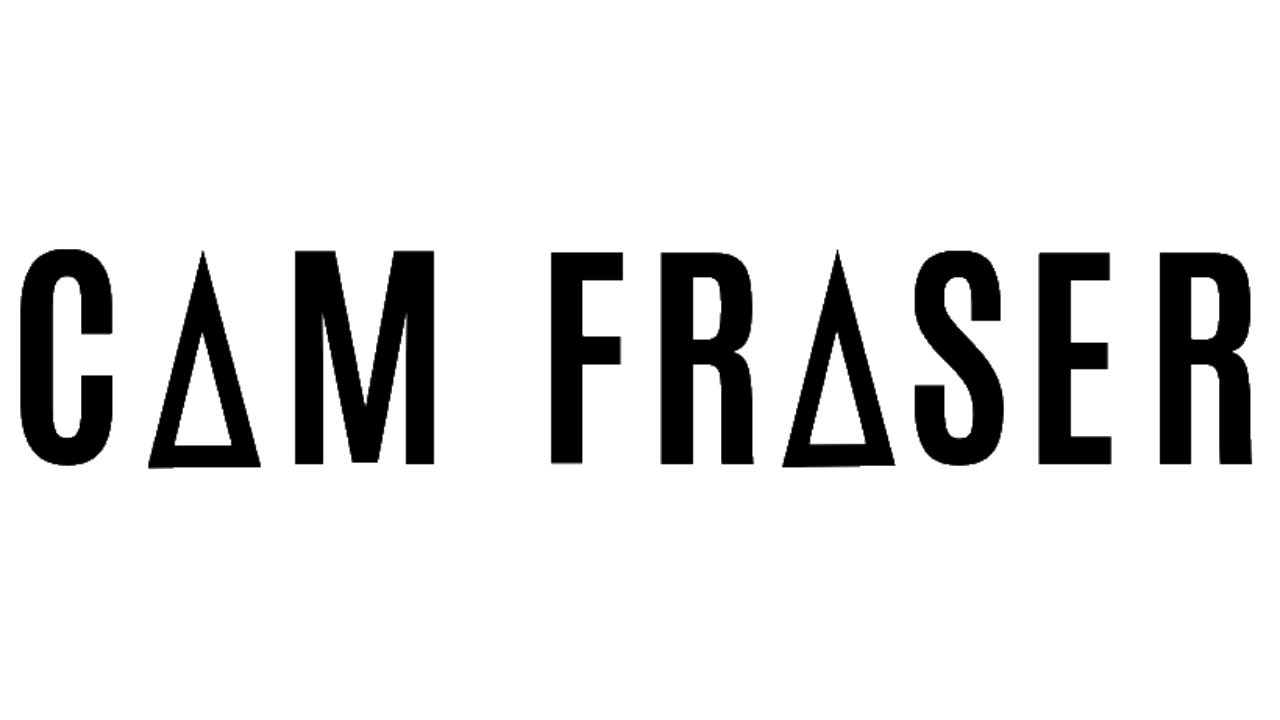If you've encountered anti-porn rhetoric before, you've probably heard this claim:
This is a common point of discussion among porn addiction communities.

Some men in these communities report seeking out more extreme or explicit forms of pornography over time.
I do think there are valid concerns, because electronic media (e.g., TV, movies, video games, social media) can desensitise us to violence (Miles-Novelo & Anderson, 2020). And I also want to add some nuance to this discussion.
For example, it isn’t clear that escalation is inevitable. Let’s begin with a statistic you’ll see cited everywhere.

This is from the website of Benjamin Nolot’s anti-porn documentary, Beyond Fantasy. What isn’t made explicitly clear is that this survey was conducted on the r/NoFap subreddit.
This stat appears everywhere in these communities, even in a 2016 submission to the Australian government.

r/NoFap is a porn addiction recovery peer support forum, not a peer reviewed academic journal. While these survey results make for an attention-grabbing quote, the data is somewhat misleading.
Firstly, the 56% figure comes from combining the percentages of people who agreed their tastes had become “extreme” or “deviant,” regardless of whether it caused them shame or stress.

Secondly, the terms “extreme” and “deviant” are never defined in the survey, leaving respondents to interpret these descriptors in various ways.
Thirdly, 33% of people said their tastes did not significantly change. This aligns with the results of survey conducted by porn website YouPorn in 2018, which found that 60% of men said their preferences in porn have remained the same over the last 5 years.

Similarly, a survey conducted by porn discussion board PornBB in 2007 found that 19% of people said their preferences have stayed the same over time.

Of course, these surveys aren’t exactly reputable either. Nevertheless, it seems that escalation is not “inescapable.”
I also think it is worthwhile unpacking the idea of shifting sexual preferences. By this I mean that substantial changes in sexual orientation development are common not only from late adolescence to the early 20s but also from the early 20s to the late 20s (Kaestle, 2019).
The average age of the NoFap survey respondents is approximately 22 years old, which suggests that many of them were developing their sexual orientation throughout emerging adulthood. Perhaps this is what is being reflected in their responses to the question about their tastes in pornography changing over time.
In a small study of 52 men, the average age of which was 24, it was found that changes in sexual orientation were not reflected in physiological sexual response, suggesting that self-reports overestimate changes in sexual orientation (Gruia et al., 2023).
The NoFap survey is a effectively a collection of self-reported changes in sexual preferences, some of which may be overestimated by the respondents. Again, escalation isn’t “inescapable.”
Of course, there are some people who will struggle with their porn viewing. But the one-size-fits-all approach to conversations about porn use does not add anything to our understanding.
This approach and it’s accompanying rhetoric - that escalation is “inescapable” - is borrowed from the war on drugs campaign, often framing porn as a drug. But as psychologist and neuroscientist Dr. Carl Hart points out in his 2021 book, Drug Use For Grown-Ups, most users of any drug will not become addicted.

